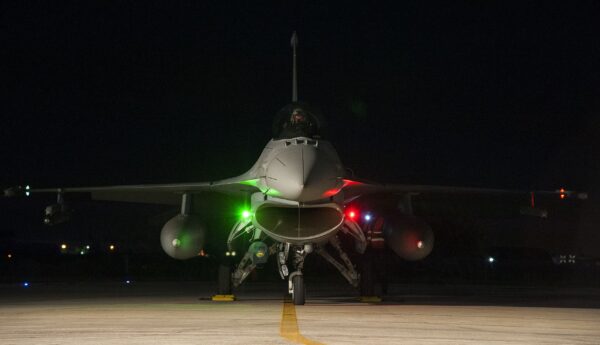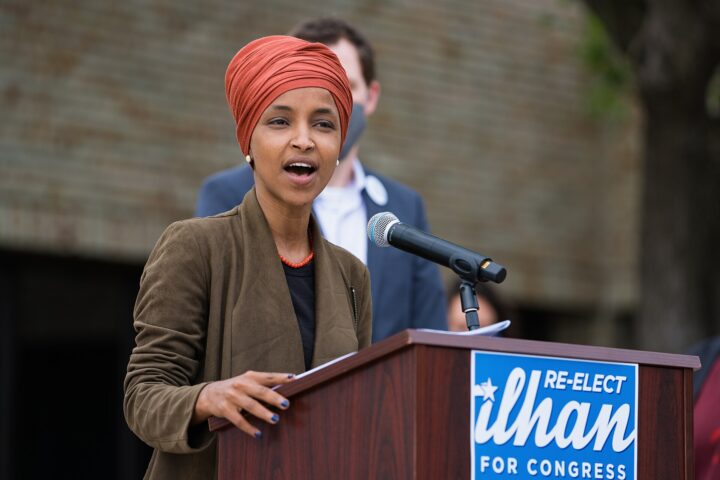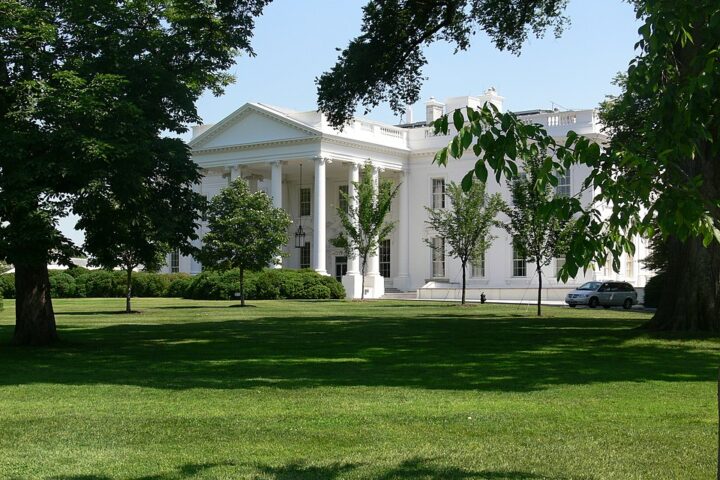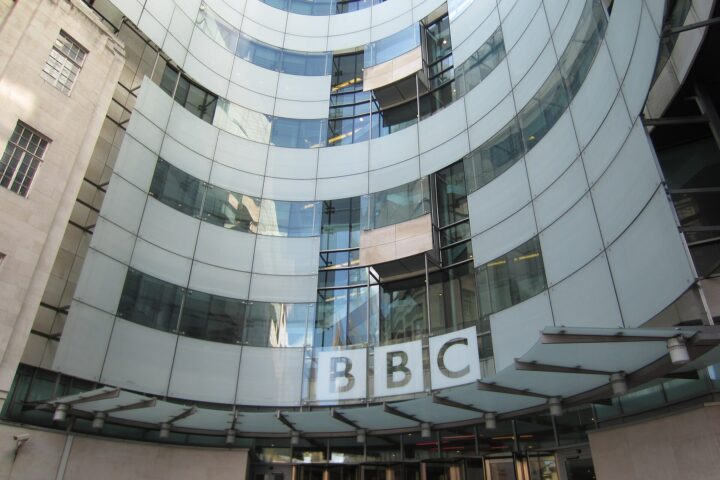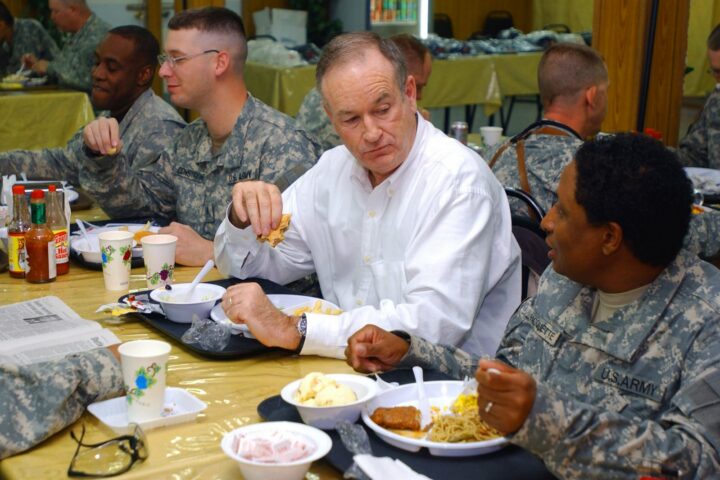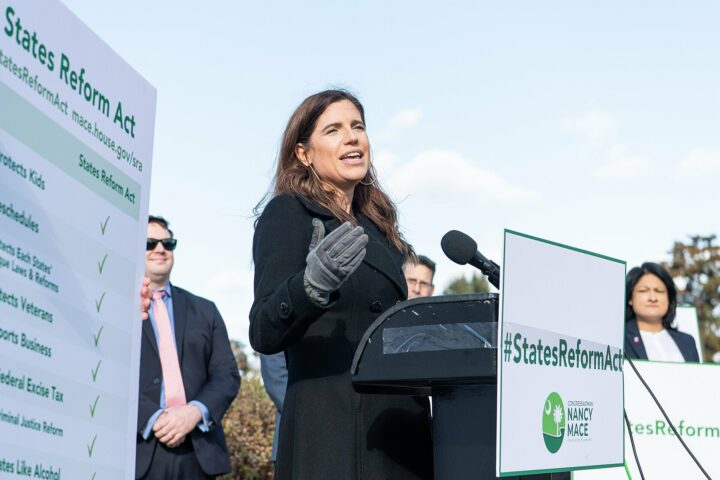President Donald Trump reportedly said Monday that he is open to authorizing U.S. military strikes inside Mexico if necessary to stem the flow of narcotics across the southern border, signaling a potential escalation in his administration’s effort to disrupt the drug trade in the Western Hemisphere.
“Would I launch strikes into Mexico to stop drugs? OK with me. Whatever we have to do to stop drugs,” Trump said at the White House, framing the issue in stark, urgent terms that reflect his dissatisfaction with Mexico’s handling of cartel violence and drug smuggling.
The president said he had been monitoring developments in Mexico City over the weekend. “There’s some big problems over there,” he told reporters. When asked whether he would seek permission from the Mexican government before authorizing any strikes, Trump declined to give specifics. “I wouldn’t answer that question,” he said, later adding only that he has been “speaking” with officials in Mexico City. “They know how I stand,” he insisted.
The administration has been weighing a plan to deploy intelligence officers and U.S. troops to Mexico to target drug cartels. Discussions over the scope of the mission remain ongoing, and NBC News reported earlier this month that no final decision has been made. Still, Trump’s remarks suggest he is prepared to take a far more aggressive posture if he concludes that Mexican authorities cannot or will not curb the flow of narcotics.
His comments came as federal agencies continue to highlight the scale of the crisis. The U.S. Coast Guard announced on November 6 that it had seized nearly 510,000 pounds of cocaine in the Caribbean and Eastern Pacific during fiscal year 2025. The U.S. military has already been intercepting alleged drug-trafficking boats in those waters, destroying 21 vessels and killing at least 83 people the administration has described as “narco-terrorists.”
Potential strikes in Mexico would mark a notable expansion of those operations, extending the president’s campaign to dismantle drug-trafficking networks beyond maritime interdictions to land-based targets. The State Department heightened its posture earlier this year by designating six Mexican drug cartels, as well as Venezuelan gang Tren de Aragua and MS-13, as foreign terrorist organizations.
Trump said Monday that he would seek congressional authorization for any cross-border strikes and predicted bipartisan support for such actions. Lawmakers in both parties have grown increasingly vocal about the consequences of drug trafficking on American communities, a point the president appeared confident would bolster his case. “So let me just put it this way,” he said. “I am not happy with Mexico.”
The president also signaled that his willingness to confront the drug trade was not limited to Mexico. He raised the possibility of targeting cocaine production sites in Colombia. “Colombia has cocaine factories where they make cocaine,” Trump said. “Would I knock out those factories? I would be proud to do it personally. I didn’t say I’m doing it, but I would be proud to do it because we’re going to save millions of lives by doing it.”
As the administration weighs its next steps, Trump’s remarks underscore his broader argument that the United States must take decisive action—unilateral if necessary—to protect Americans from what he views as a transnational threat fueled by weak or complicit foreign governments.
[READ MORE: U.S. Strikes Narco-Terrorist Vessel as Trump Signals Talks with Venezuela]

